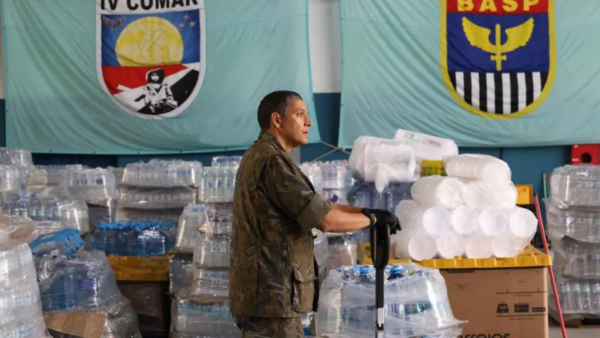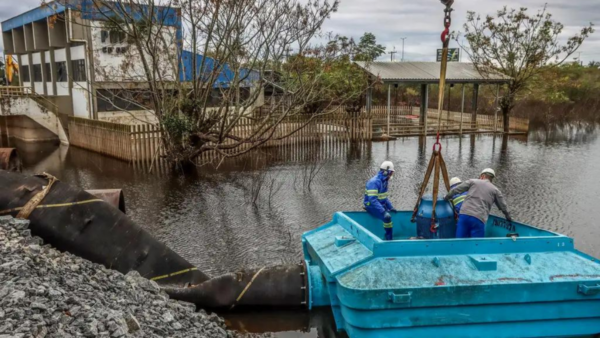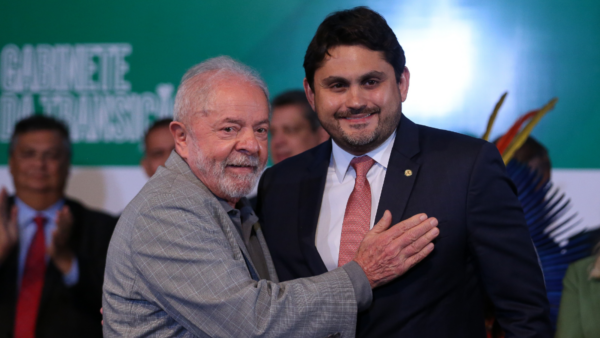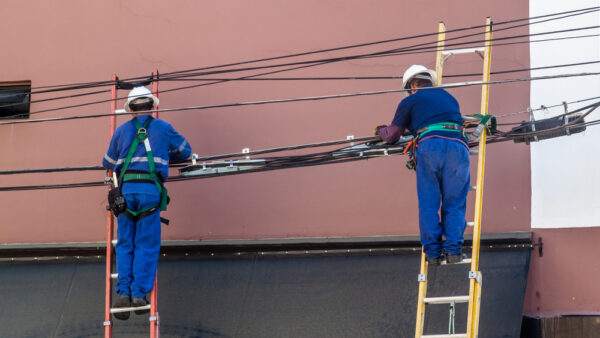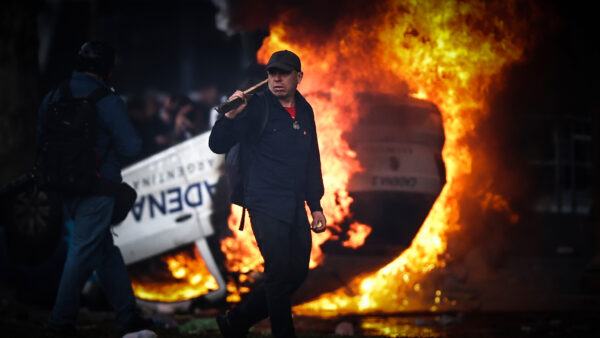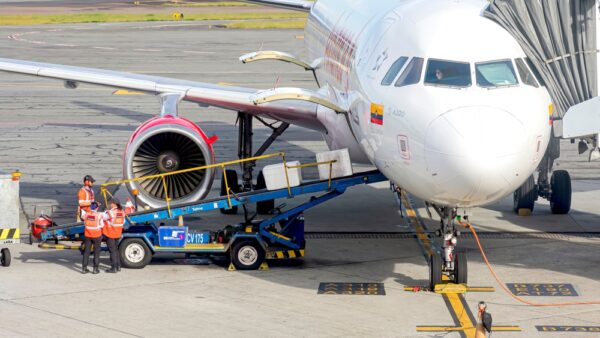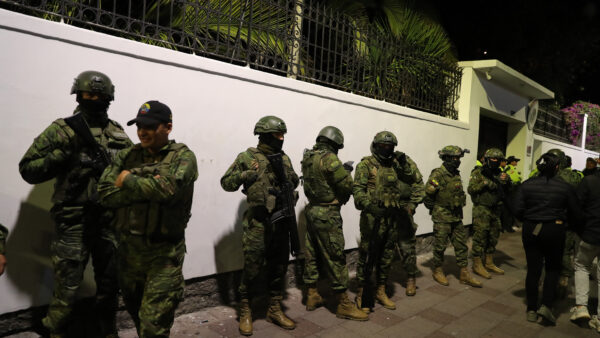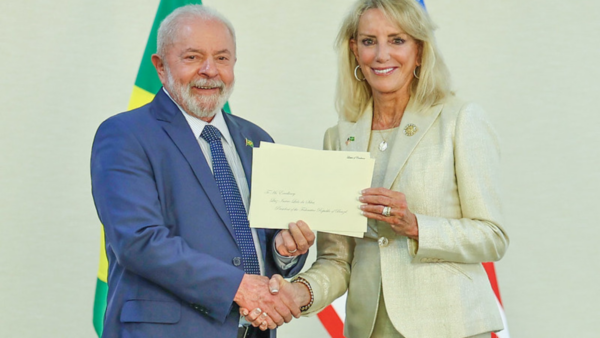Lawmakers in Brazil’s lower house of Congress on Wednesday fast-tracked a series of bills changing the rules for plea bargains, agreements in criminal cases by which defendants admit to their guilt but offer information or testimony about other criminal activity in exchange for reduced penalties or other legal benefits. Observers and prosecutors believe that, if approved, the proposed changes will weaken Brazil’s ability to fight corruption and organized crime.
At least two of the bills call for a ban on plea agreements when the defendants in question are still in jail, which has often been the case in the major corruption investigations Brazil has seen in recent years.
Among the most notable examples include Operation Car Wash, a years-long anti-corruption task force that unveiled scandals tarnishing every major political party in the country, and with Lieutenant-Colonel Mauro Cid, the aide-de-camp of former President Jair Bolsonaro, who implicated his former boss in multiple criminal cases — including a plot to stage a coup, a scheme to smuggle jewelry, and forging vaccination records.
One of the bills in question was authored in 2016, at the height of Operation Car Wash, by former Congressman Wadih Damous, a member of the Workers’ Party who now works at the Justice Ministry. Mr. Damous himself questioned the sudden urgency to fast-track his proposal.
“I would really like to ask [House Speaker Arthur Lira] what virtues he sees in this bill today that he did not see almost ten years ago,” Mr. Damous said in a TV interview. “What is the urgency of a bill that has been shelved for almost ten years?”
Mr. Damous presented his bill weeks before then-Senator Delcídio Amaral, who served as a...


 Search
Search
